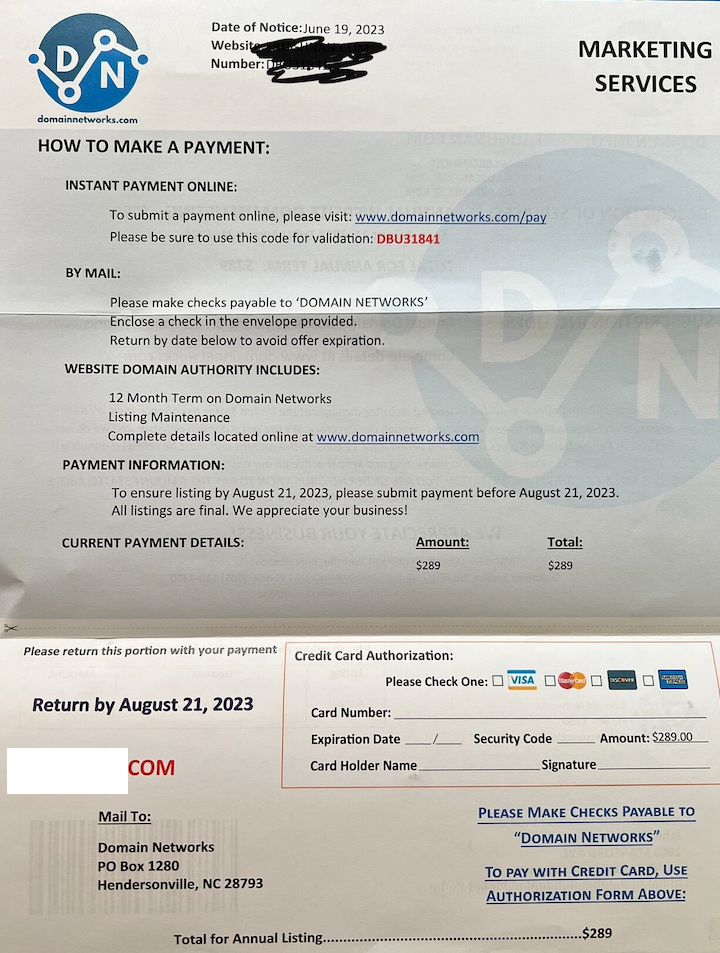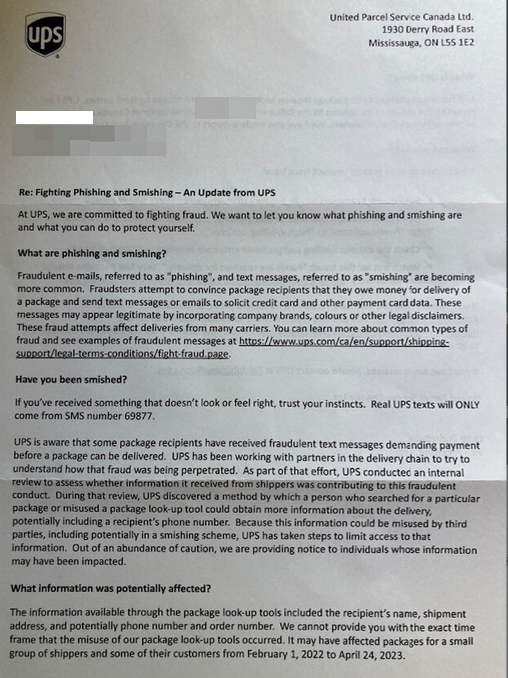LeakedSource Owner Quit Ashley Madison a Month Before 2015 Hack

Credit to Author: BrianKrebs| Date: Tue, 18 Jul 2023 14:57:04 +0000
[This is Part III in a series on research conducted for a recent Hulu documentary on the 2015 hack of marital infidelity website AshleyMadison.com.] In 2019, a Canadian company called Defiant Tech Inc. pleaded guilty to running LeakedSource[.]com, a service that sold access to billions of passwords and other data exposed in countless data breaches. KrebsOnSecurity has learned that the owner of Defiant Tech, a 32-year-old Ontario man named Jordan Evan Bloom, was hired in late 2014 as a developer for the marital infidelity site AshleyMadison.com. Bloom resigned from AshleyMadison citing health reasons in June 2015 — less than one month before unidentified hackers stole data on 37 million users — and launched LeakedSource three months later.
Read More





